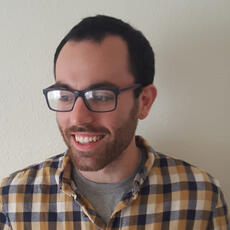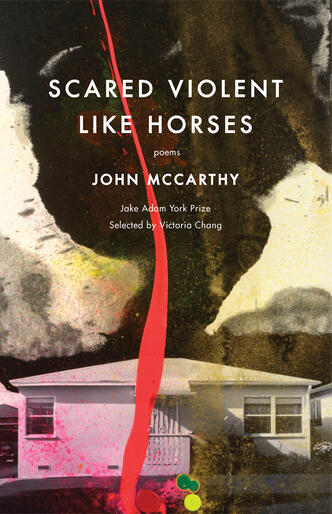Winnetka Community House
620 Lincoln Ave.
Winnetka, IL 60093
United States
Registration Required
The Off Campus Writers’ Workshop welcomes John McCarthy (Scared Violent Like Horses) as a workshop instructor for Transcending the Narrative: reimagining how we write emotions into poetry and prose.
When talking about our favorite moments in books, movies, or TV shows, we often say “I loved that part because it was so poetic.” What is meant by that and how do we create those poetic moments in our own poems or stories? How do we express our conventional emotions in new and imaginative ways? We will examine the relationship between similes and metaphors, utilizing the two to make certain lyrical moves within our own narratives in order to achieve those moments of transcendence that make great poems and stories memorable. After deep-diving into the imagination quadrant of Gregory Orr’s poetic framework and matrix, we will read and discuss the work of Judy Jordan, Tracy K. Smith, Kim Addonizio, Dorianne Laux, and Ocean Vuong, among others. We will dissect the lyrical devices necessary to incorporate certain transcendent elements into our work by invoking figurative, literal, and emotional connections to the unexpected use of like objects and emotions as well as geographic and temporal landscapes.
John McCarthy is the author of Scared Violent like Horses (Milkweed Editions, 2019), which won the Jake Adam York Prize. He is also the author Ghost County (Midwestern Gothic Press, 2016), which was named a Best Poetry Book of 2016 by The Chicago Review of Books. John is the winner of The Pinch Literary Award in Poetry, and his work has appeared in American Literary Review, Copper Nickel, Hayden’s Ferry Review, New Ohio Review, Passages North, Sycamore Review, TriQuarterly, Zone 3, and in anthologies such as Best New Poets 2015 and New Poetry from the Midwest 2019. He received his MFA from Southern Illinois University Carbondale and currently lives in Evanston, Illinois.
John will accept poetry and prose for critique. Please see the manuscript guidelines on the OCWW website.

